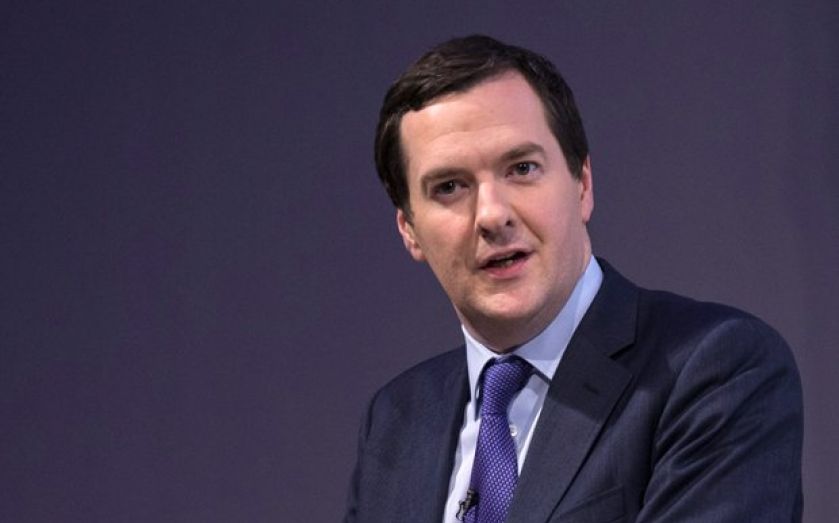Recovery not enough to drive up real wages

NEW RESEARCH suggests that the current economic recovery will not be enough for most pay packets to rise faster than inflation again, with productivity still damaged.
A report released today by the Chartered Institute of Personnel and Development (CIPD) suggests that real wage growth is likely to stay muted if productivity fails to improve with other economic signals.
Average weekly earnings have dropped by eight per cent in the past five years when factoring in the consumer price index (CPI), and 10.2 per cent using the retail price index (RPI).
The authors note that so far, the UK’s economic turnaround has been “employment-rich” rather than “productivity-rich”, which has helped the rapid decline in the UK’s unemployment rate but is less likely to boost pay.
The CIPD said the Office for Budget Responsibility’s forecast that real wages will begin to rise this year was unlikely.
“I think given current expectations of employers and employees, that might be a shade optimistic,” said Mark Beatson, chief economist at CIPD.
He added: “Until productivity starts rising we’re not going to see any sustained growth in real pay.”
Even with further increases in productivity, the report concludes that in future decades an ageing population will see further proportions of incomes allocated to pension saving: “Other things being equal, higher employer pension contributions would lead to a lower growth rate in earnings.”
Chancellor George Osborne and the Treasury suggested last month that real wages were beginning to rise, with take-home pay rising faster than the rate of inflation in all but the very highest income decile in the year between April 2012 and the same month last year.